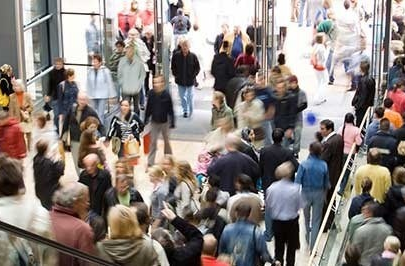A lot of work will have been done by retailers to ensure the Black Friday period goes to plan, evaluating logistics, supply chains and online and offline IT requirements well in advance.
Here’s 4 key logistics points for retailers to consider:
1. Variable demand:
The primary focus for the logistics functions and delivery partners of retailers on Black Friday is to ensure they have the capacity to cope with the surge in demand in a short period. There’s several factors that make demand unpredictable on Black Friday this year, here’s a few;
- The deal period is likely to last longer than in previous years, with many retailers continuing discounts from Black Friday over the weekend to Cyber Monday, and some for up to 5 days.
- Black Friday demand exceeded expectations in both 2014 and 2015, this is a trend that could well be repeated this year.
- Uncertainty around whether consumer spending confidence will be affected by this year’s Brexit vote and how instability in the financial markets has shoppers worried about the likelihood of a future recession.
2. Click and Collect offering:
- 2015 Black Friday data showed that 22.5% of orders completed with multichannel retailers chose the ‘Click and Collect’ delivery option, suggesting that this will be one of the key delivery methods in this year’s peak.
- Click and Collect is even more attractive around this busy time of year for consumers, providing a convenient collection point for shoppers who can’t be around to accept a delivery during the day and in the lead up to Christmas when consumers are more likely to be out shopping and therefore able to collect their online purchases.
3. Reverse logistics:
- The ability to return unwanted items is important to consumers and with an increasing number of purchases being made online, returning products goes far beyond consumers taking their items back to a bricks and mortar store.
- A survey by eDelivery found that 74% of consumers regard a returns service to be crucial when selecting retailer and during peak periods online retail channels must be able to manage the returns process efficiently.
- Flaws in the reverse logistics process can have a knock-on effect in other departments of the business such as customer services.
4. Next day delivery capacity is finite:
- Peak periods of high demand make next day delivery promises difficult to uphold and volumes can become unmanageable for the logistics function.
- Research has shown that consumers are more motivated by price than shorter delivery times. Retailers could incentivise longer delivery times by offering further discounts for standard delivery over next day delivery to reduce logistical pressures.
- In many cases consumers are happy to wait longer for products if it means getting the discounts they desire.



